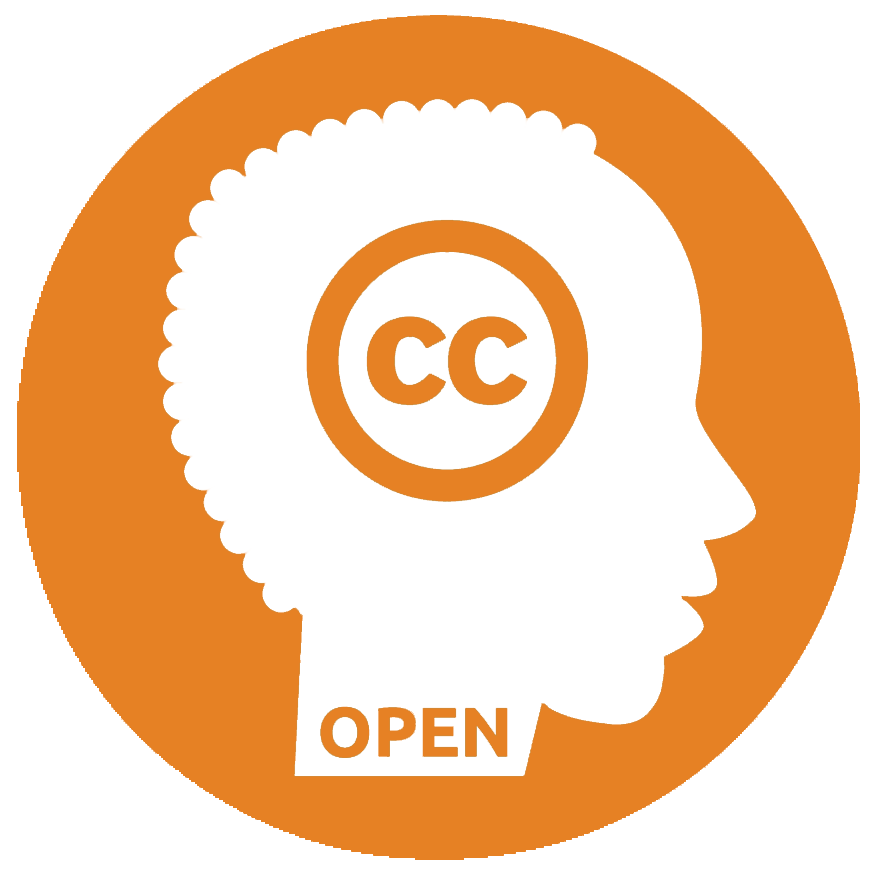Your search
Results 5 resources
-
Background: The array of availability of diverse digital reading applications, the mixed results emerging from small-scale experimental studies, as well as the long-standing tradition and range of known positive developmental outcomes gained from adultchild storybook reading warrant an investigation into electronic storybooks (e-books) by performing a meta-analysis, which includes recent studies.
-
This meta-analysis examines the inconsistent findings across experimental studies that compared children’s learning outcomes with digital and paper books. We quantitatively reviewed 39 studies reported in 30 articles (n = 1,812 children) and compared children’s story comprehension and vocabulary learning in relation to medium (reading on paper versus on-screen), design enhancements in digital books, the presence of a dictionary, and adult support for children aged between 1 and 8 years. The...
-
The present meta-analysis challenges the notion that young children necessarily need adult scaffolding in order to understand a narrative story and learn words as long as they encounter optimally designed multimedia stories. Including 29 studies and 1272 children, multimedia stories were found more beneficial than encounters with traditional story materials that did not include the help of an adult for story comprehension (g+ = 0.40, k = 18) as well as vocabulary (g+ = 0.30, k = 11). However,...
-
Since its advent word processing has become a common writing tool, providing potential advantages over writing by hand. Word processors permit easy revision, produce legible characters quickly, and may provide additional supports (e.g., spellcheckers, speech recognition). Such advantages should remedy common difficulties among weaker writers/readers in grades 1–12. Based on 27 studies with weaker writers, 20 of which were not considered in prior reviews, findings from this meta-analysis...
Explore
Outcome measure
- Learning (5)
- Motivation (1)
Instructional domain (subject)
-
Literacy
- Comprehension (5)
- Language (3)
- Reading (3)
- vocabulary
- writing (1)
Education Level and Type
- ECE 0-7 (4)
- Primary 7-10 (5)
- Secondary 11-16 (1)
Groups of students
- At-risk (2)
- EAL (3)
- Learning difficulties (3)
- Low-performing (3)
- Low socio-economic status
- SEND (3)
School or home
- _No mention (1)
- Home (1)
- Mixture (2)
- School (2)
Moderating variables
Tech Hardware
- CD ROM/ DVD (2)
- Computer (2)
- E-book hardware - e.g. kindle (3)
- Handheld device (2)
- Internet (1)
- Mobile/Smartphone (1)
- Multimedia (1 or more) (4)
- Radio (1)
- Tablet (2)
- Touch-screen (1)
- TV (2)
Tech Software
Tech mechanism
Learning Approach
- _No mention (2)
- Classroom learning (2)
Teacher Pedagogy
- _No mention (2)
- Scaffolding (1)
Research methods
Effect size/ heterogeneity
HIC/LMIC
Quality of research
- High: 6+ (5)

